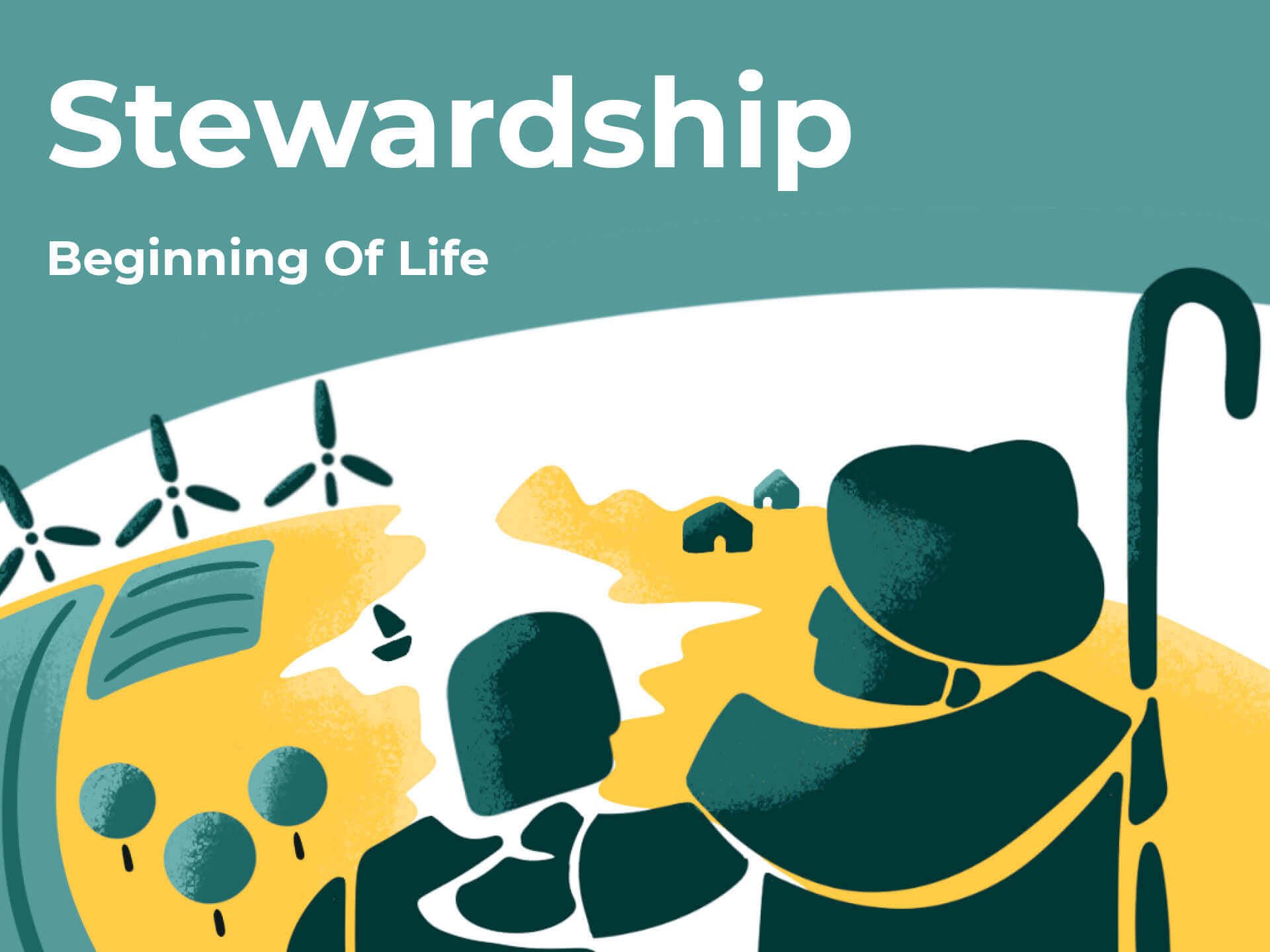A Theology of Work
About this series
This 11-part series will help us to understand and apply the Bible’s teaching on God’s plan for us to steward the gifts he has given us and therefore the type of people he is calling us to be in our day.
The entire message of the Bible reflects the statement in Psalm 24:1, “The earth is the Lord’s, and everything in it, the world, and all who live in it” (cf. Psalm 89:11). And yet we must balance that with the fact that God has also called mankind to steward his creation: “The highest heavens belong to the Lord, but the earth he has given to the human race” (Psalm 115:16) In making the distinction between God’s rule and our delegated rule, John Stott says, ‘Our possession of the earth is leasehold, therefore, not freehold. We are only tenants; God himself remains...the “landlord.”’
It’s also clear from the creation account in Genesis that mankind was specifically created to bear God’s image and to rule on his behalf over his creation:
Genesis 1:28: “God blessed them and said to them, ‘Be fruitful and increase in number; fill the earth and subdue it. Rule over the fish in the sea and the birds in the sky and over every living creature that moves on the ground.’”
William Edgar defines this mandate given to Adam: ‘The creation mandate is the on-going charge to humanity, in the power and blessing of God, to be fruitful, multiply, and fill the earth and to gently subdue and cultivate the earth.’ This mandate relates not only to the physical ‘earth’ but also to our physical selves, what we do with the resources God has given us and to the way we care for the rest of mankind.
About this talk
Scripture: Genesis 2:15
By work we mean someone’s primary occupation, whether that is being a businessman, a hairdresser or a parent. Mankind was formed with the capacity to be creative (in the image of a creative God), with the task of ruling, working and taking care of God’s creation. Work is therefore not part of the curse of the Fall; it is a foundational part of God’s good creation, as is clear from Genesis 1 & 2. God intended that Adam and Eve be fruitful in that task and it is only after the Fall that work becomes “toil” (Genesis 3:17) - laborious, wearisome, painful. Not that work wouldn’t have been hard, but that it would not have been characterised by curse, painful toil (v 17), opposition (v 18) and sweat (v 19).
We could say that we all tend to see our work either as treasure or toil. For some it is their treasure - people who live-to-work, finding their life’s central meaning in their work. For others, it’s just toil - those who work-to-live - seeing the purpose for the toil of work as being to pay the bills and help them enjoy the rest of their lives. Others talk of a work-life balance, as though working is not really living.
Both of these ways of viewing work are flawed. Instead, God gives us reasons for working, without making it the reason. Work, then, becomes an avenue for using the creative opportunities God has given, to serve other people and to love him - all of which we do for his glory (see 1 Corinthians 10:31; Colossians 3:23).
Application could include:
In what ways are we tempted to adopt an ungodly, unbalanced view of work: living-to-work or working-to-live. In what ways does the concept of stewardship help to redeem the gift of work?
Which elements of our primary occupation do we find rewarding and which are full of toil? How does a healthy theology of work address these?
How can we find the God-given opportunities in our work, especially those we may easily miss?











God gives us reasons for working, without making it the reason. Work, then, becomes an avenue for using the creative opportunities God has given, to serve other people and to love him - all of which we do for his glory.